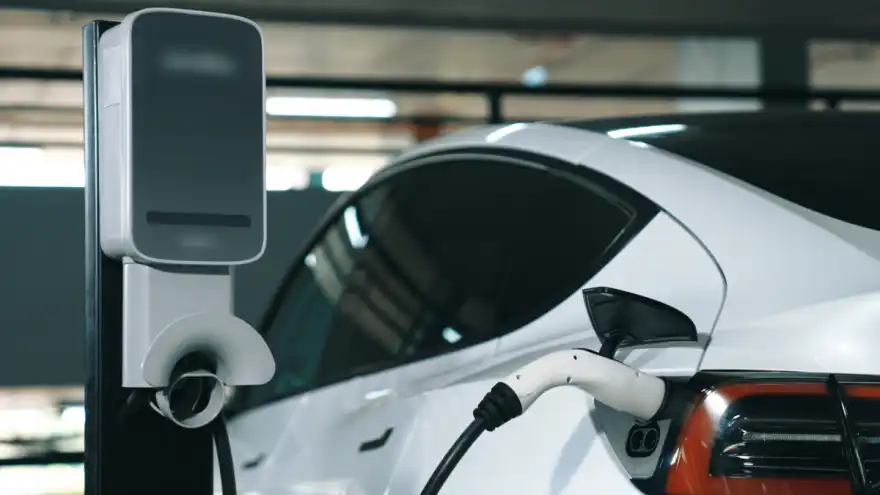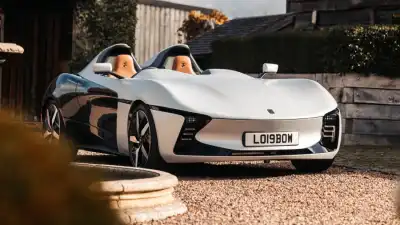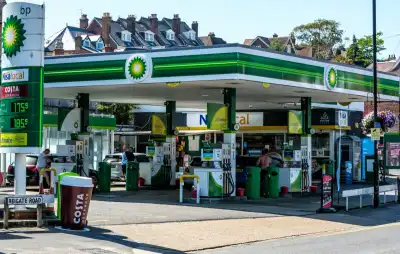
Electric cars are crashing in value faster than ever. According to new research from Cox Automotive, the average two-year-old EV sold in April kept just 47% of its original price. Two years ago, similar used EVs were holding on to 83% of their value. That’s a huge drop – and it’s causing waves across the used car market.
So, what’s going on?
It’s a mix of government pressure and manufacturer strategy. Car makers are being forced to sell more electric vehicles each year thanks to the UK’s Zero Emission Vehicle (ZEV) mandate. The target was 22% of all sales in 2024, rising to 28% this year and eventually hitting 80% by 2030. If they miss the targets, brands face £12,000 fines per car.
To hit those numbers, manufacturers are heavily discounting new EVs to make them more appealing. That’s great if you’re buying new – but not so great if you’re selling a used one. Why would anyone pay nearly-new prices when a brand-new EV costs the same?
As a result, the used EV market is tanking. More new EVs are hitting the roads than ever – over 69,000 in March alone – which means the market is flooded. At the same time, battery tech is evolving fast, so even a two-year-old model can feel outdated. And new, cheaper electric cars from China are making things even worse for resale values.
For context, a two-year-old diesel car is retaining around 70% of its value, compared to just 53% for EVs of the same age. Back in 2022, a two-year-old electric car was only losing about 17% of its value – a big change in just three years.
Cox Automotive’s Philip Nothard explains the issue: "The current performance of nearly-new EVs in the used market is still much lower than we would anticipate for vehicles in this age profile."
"The heavy discounts offered on new vehicles mean that consumers can pick up a brand-new model for the same price as a nearly-new model. "
"This gives consumers very little incentive to consider them, which is a real blow to a market that needs all the incentives it can get its hands on."
Some good news though: EVs that are 3 to 5 years old are holding their value better, with only around 15% depreciation. These cars aren’t competing as directly with the steeply discounted new models and tend to appeal to different buyers.
Meanwhile, the government is under pressure to help fix the problem. The so-called "Tesla Tax" (a pricey supplement on EVs over £40,000) is being reviewed, and new policies are being explored to boost the second-hand EV market.
If the used EV market doesn’t get more support soon, experts warn that depreciation will only speed up – putting off more drivers and hurting the overall EV shift the government is aiming for.



